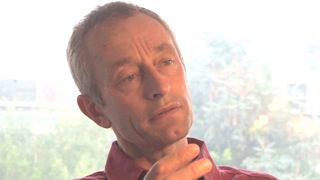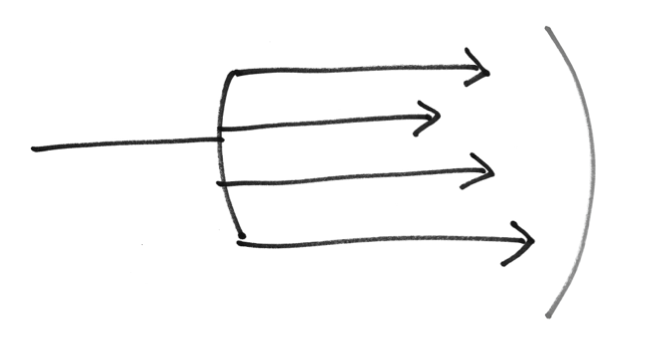
‘How can you develop yourself in meaningful ways?’
‘How can you make an organized start at developing who you are and who you want to be?’
Excerpt from The Fork: Linking Personal Growth to Cultural Transition by Rudy Vandamme.
You can download the chapter using the red button at the bottom of the page, and you can
access a video here. 

Chapter 2: The Fork model
This chapter presents an introduction to the Fork model, illustrating the method of development. This model consists of four tracks, which will be explained in the second section. In the third section, I will briefly describe the philosophy behind each track, as well as explaining why each track is necessary for meaningful development. The fourth and fifth sections address the two most important principles in the method of meaningful development. The first principle is based on the fact that you will be working on different tracks at the same time: ‘multi-track’. The second one is about switching tracks throughout the process to boost development.
2.1 The model
This simple little model is the result of a decade spent working on a method for development. It is an instrument for approaching development in a methodical way. The fork is a symbol; it is a metaphor. It is a tool that western people use every day. We use it to handle our food as we eat. It allows us to get a grip on what we want to take in. It is also an instrument of precision. All in all, it is a good metaphor for a carefully developed method.
The fork is a symbol; it is a metaphor. It is a tool that western people use every day. We use it to handle our food as we eat. It allows us to get a grip on what we want to take in. It is also an instrument of precision. All in all, it is a good metaphor for a carefully developed method.
The metaphor can be extended even further: The handle of the Fork, the part you hold in your hand when you eat, stands for a single unified activity. In the shaft of a fork, the tines have not separated yet. You could be in a situation, for instance, in which you notice that all sorts of events are going on in your life, but you just can’t organize your thoughts about them. A typical example would be someone working hard on some concrete project and eventually getting results, only to notice afterwards that the project aimed for the wrong goal. Or you could spend ten years in a certain situation without having a clear idea of why you are in it. You think you have to put in more effort, and so you do. That is why you manage to keep it up for so long. In these examples, concrete results are confused with who you are as a person.
Download Article















